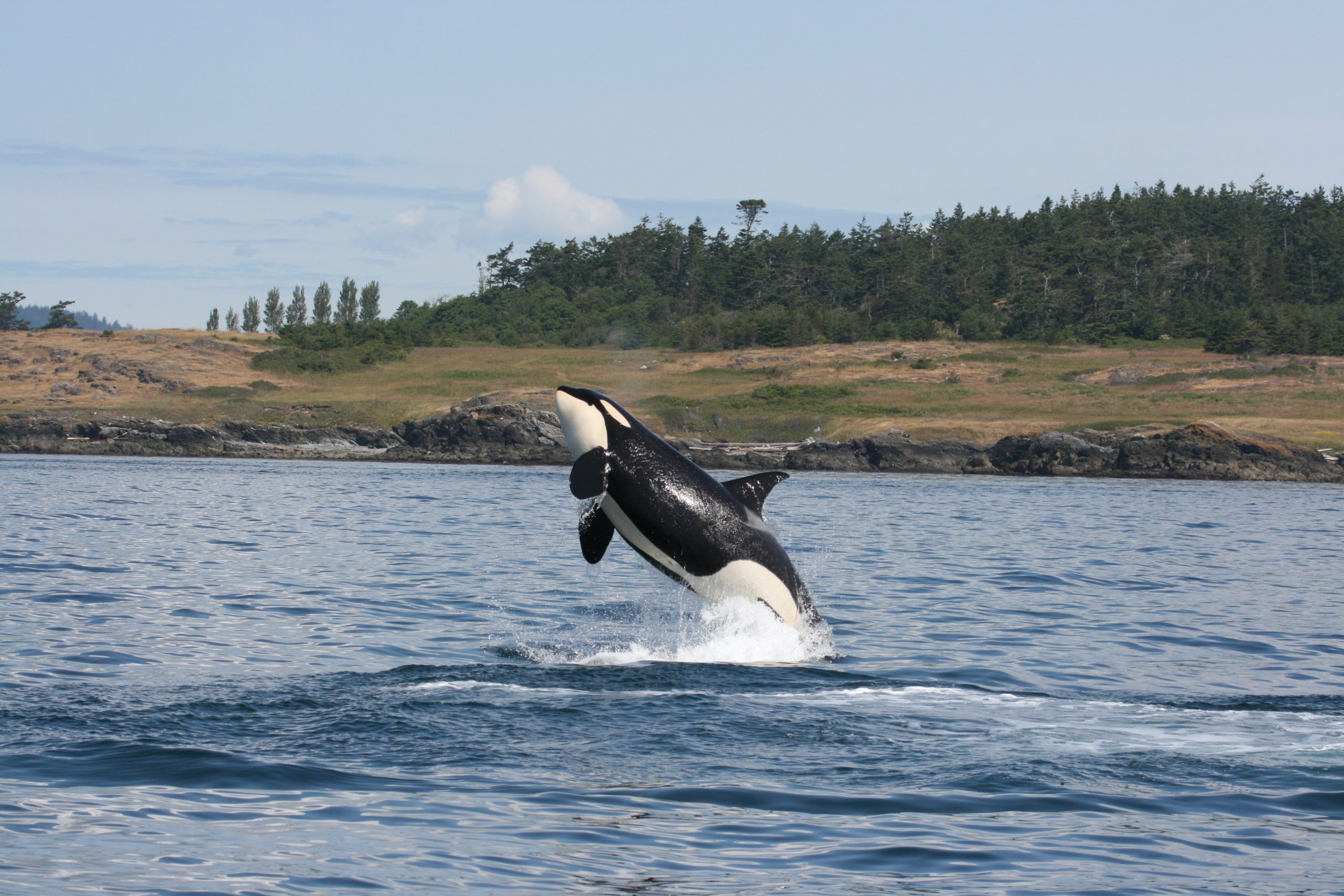State of emergency: Will a new ruling on spotted owls force Canada to protect endangered orcas?
“Either the threats are imminent or not. Either the threats concern the survival or recovery of the species, or they do not,” Justice Yvan Roy wrote in his ruling against the federal government for its delay in protecting the Endangered northern spotted owl. “I find it difficult to fathom how a period of more than eight months could be reasonable once the opinion has been formed.”

Since the government knew back in February that these were imminent threats concerning species survival, they were legally obligated to issue an emergency order under the Species at Risk Act (SARA) to protect the last remaining wild-born owl. They chose to wait.
This precedent-setting judicial decision to not let that choice stand confirms that an unreasonable delay in issuing emergency orders is a violation of SARA.
Of course, if SARA had been implemented as intended, this last-minute action would be unnecessary. Spotted owls have been listed as Endangered since 2003, so it’s not just the eight-month delay on this emergency order that has brought them to the brink of extinction — it’s the 21-year delay by multiple governments to implement conservation actions under SARA. Now there is only one remaining wild owl and two captive-bred ones left. Even with an emergency order, these delays mean there’s a high risk of losing this species in Canada forever — it is simply too little and too late.
But it is not yet too late for the 74 remaining southern resident killer whales, also listed as Endangered since 2003. We are urging the federal government to act — without delay, as the new ruling requires — in response to our joint petition for an emergency order to reduce imminent threats to this orca population inhabiting the waters of the Salish Sea around B.C.’s southern west coast.

The government’s own assessment in 2018 found that depleted food supplies of historically abundant chinook salmon, competition with fisheries, contaminants, and disturbances from boats and ships put the southern resident killer whales at imminent threat of survival and recovery despite them being listed under SARA.
And this was before the Endangered southern residents began facing intensified threats from a newly operational Trans Mountain Pipeline expansion (TMX) in May.
When approving TMX in 2019, the federal government promised to implement 16 recommendations from the Canada Energy Regulator to reduce vessel noise and oil spill risks from the seven-fold increase in tanker traffic. Prior to that, Canada had committed to “more than mitigate” the impacts before shipping began.
Yet TMX-supplied oil tankers are now crossing the southern resident killer whales’ critical habitat, and the government has chosen to leave both pledges unfulfilled.
“Southern resident killer whales are closer to extinction today than when they were listed under the Species at Risk Act over 20 years ago,” Hussein Alidina, WWF-Canada’s lead marine conservation specialist, says. “They are in dire need of a lifeline and substantially increased protection from the multiple threats they face. Implementation of emergency order protections that we have identified can provide conditions that southern residents desperately require to survive and recover before it’s too late.”
The federal government knows it is their responsibility to direct emergency measures in the critical habitat of southern resident killer whales — and now we know that it’s against the law for them to delay these actions any further.
